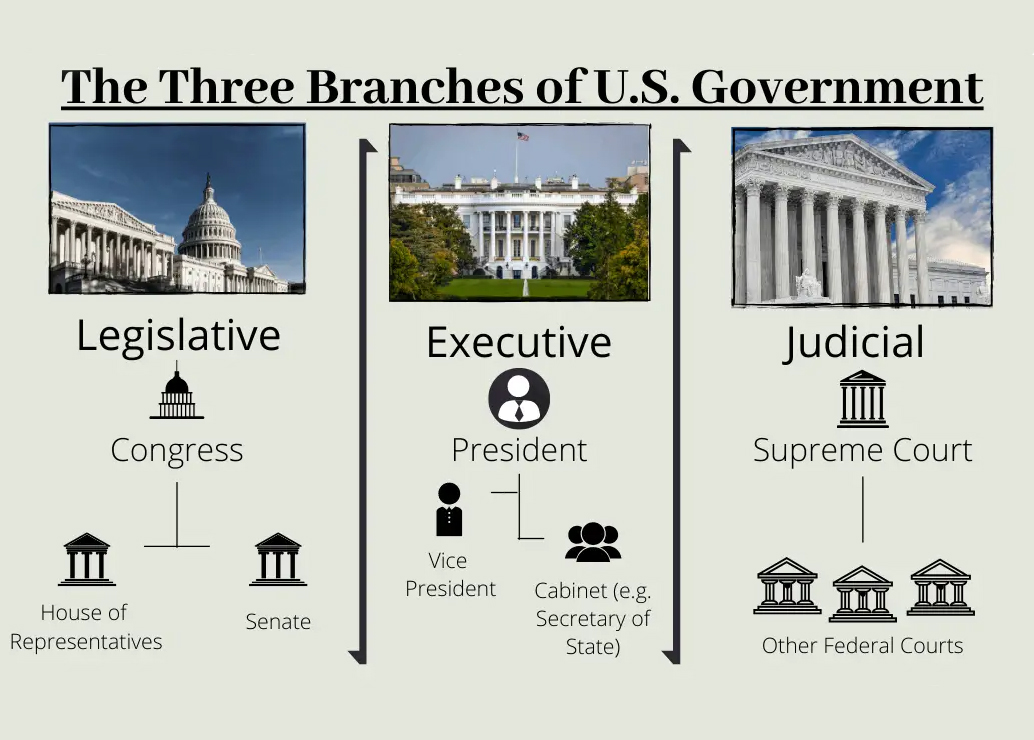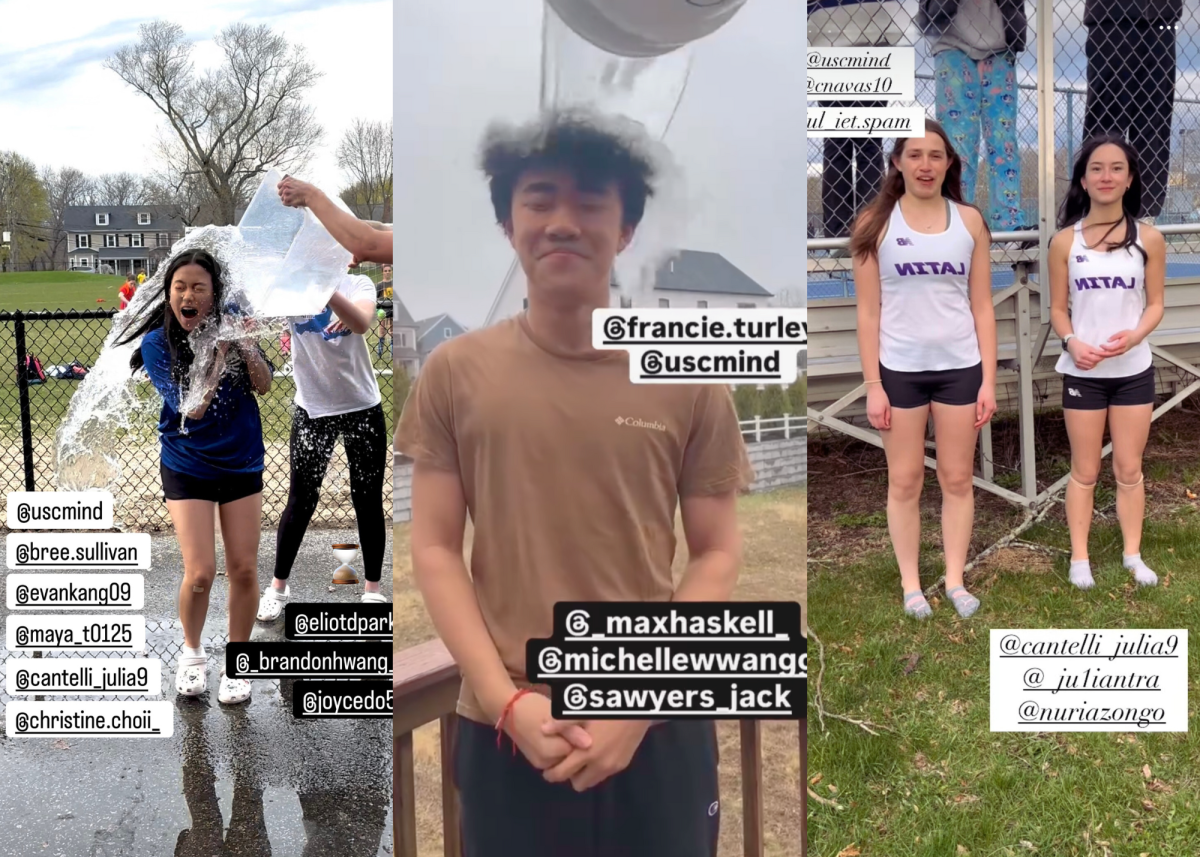Across the country, students learn about government, the constitution and the rights and responsibilities of a citizen. For Boston Latin School students, civic education will likely spark memories of their eighth grade course, the only class where students are specifically exposed to civic topics. One class, however, cannot sufficiently cover the foundations of civics nor touch on the true importance of civic engagement, ultimately discouraging interest.
Civic education trains students in skills that they can use throughout their adult lives, such as problem solving, communication, critical thinking and collaboration. It helps students understand the intricate and complex American government, as well as their own roles in a functioning democracy.
BridgeBLS president Fei Li (III) states, “I think civic education is highly valuable to a student’s educational journey. It really marks a person’s journey from adolescence to adulthood [because] once you start taking part in civic education and even action, it really fuels you to seek out more.”
Civics teaches students how to take action about issues they care about. The eighth grade course culminates in a civics action project, where students select an issue they are passionate about and then learn how to take tangible actions in their communities.
Civic engagement is an overwhelmingly important part of maintaining a democracy. BLS History Department Head Mr. Kennelly elaborates, “[I]f individuals don’t have a strong foundation in civic education, then they’re probably less likely to get involved and it’s more likely that others will be making decisions […] that could have a direct impact on their lives. […] In a democracy, the majority is supposed to […] make decisions. […] And if the majority is not engaged, a small minority could end up making the decisions because of a lack of engagement involvement from a majority.”
Students can continue to learn about civics by taking AP government classes, but these courses have a limited number of spots and are only available to juniors and seniors. While they are helpful, only one or two more courses cannot compensate for the lack of civic instruction. There is also a wide gap in time between the eighth grade introduction and the end of high school when students can eventually choose to take these advanced courses.
Lacking civic education makes students more susceptible to misinformation, which can spread easily on social media. If they are not informed and do not have critical thinking skills, they may believe rumors or propaganda they see online. Civics teaches students how to look at multiple sources and different arguments in order to form their own informed opinions and conclusions.
BLS civics teacher Ms. Catherine Arnold explains: “[Students might] think that something that they hear is correct [and] don’t bother to explore or question where that’s coming from. […] You have to do your homework in terms of knowing […] who’s behind this? Who’s to benefit from putting this out there? Should I believe it?”
Civic education is often neglected due to the fact that it is not tested as much as core subjects like math or reading, but that doesn’t make it less important. Ms. Arnold says, “I would love for the school to be leading the way on teaching students how to think in terms of the big ideas of sustainability [and] how things are connected. For things to really be sustainable, we need to address racism. […] It’s not just saving the planet, in terms of environmental issues, it’s saving the planet, in terms of justice and social justice.”








